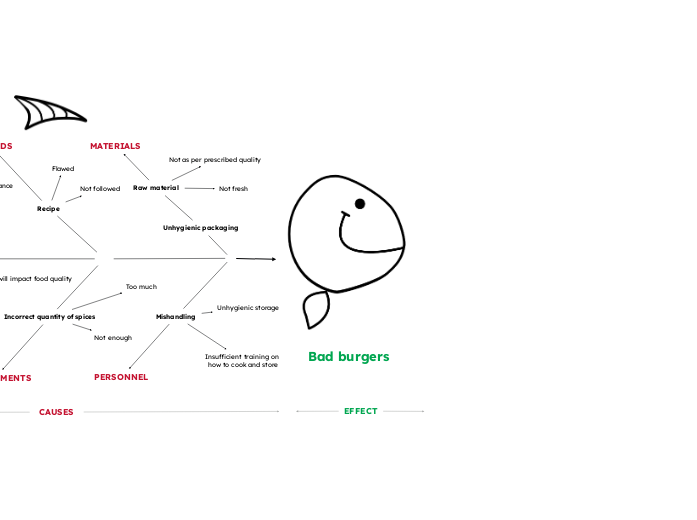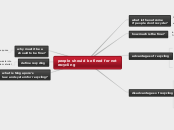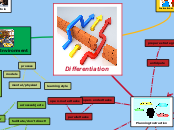door Brendan Morrissey 6 jaren geleden
219
Brendan Morrissey Mind Map
Educational strategies encompass various theoretical approaches including cognitive, behavioral, social, and constructivist theories. Traditional behavioral approaches, which rely on strict discipline, have proven less effective compared to strategies that recognize students as complex individuals.









